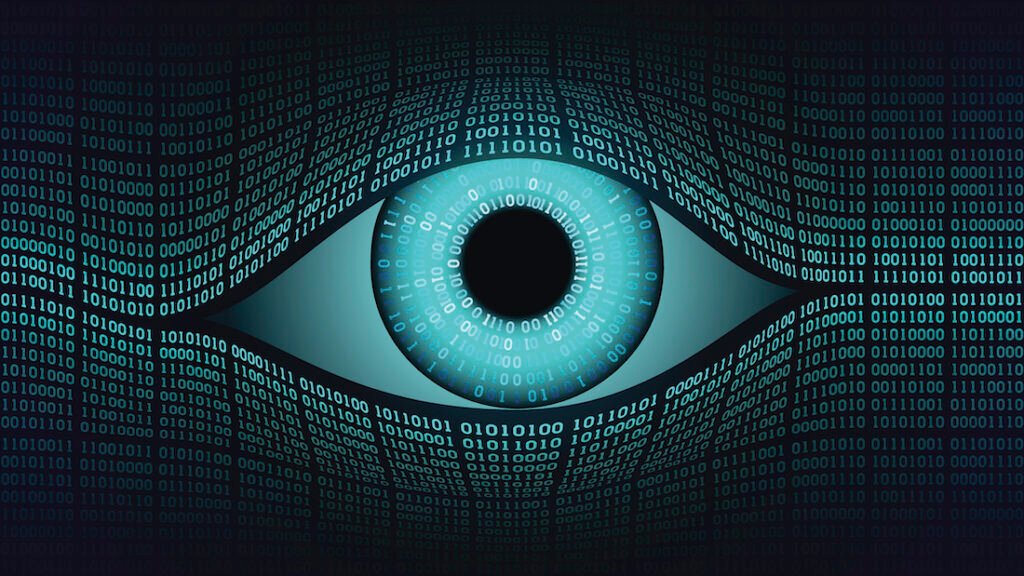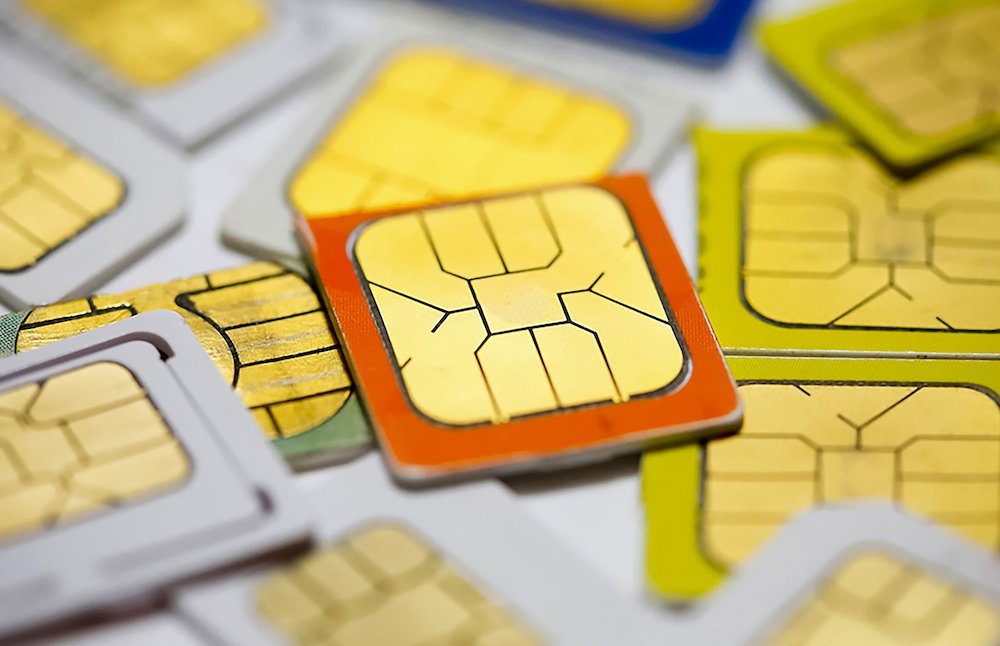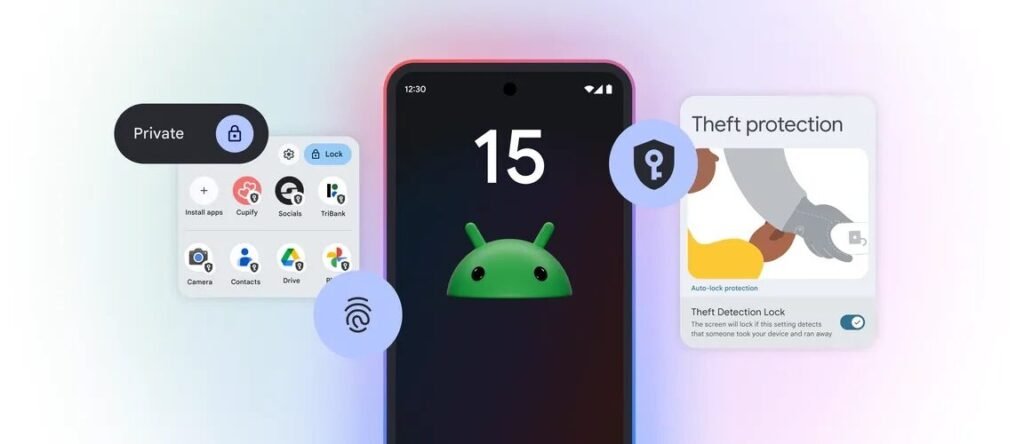Other conversations leaked to Whiteside include the name of a presentation someone was working on, details of an unpublished research proposal, and a script using the PHP programming language. The users for each leaked conversation appeared to be different and unrelated to each other. The conversation involving the prescription portal included the year 2020. Dates didn’t appear in the other conversations.
The episode, and others like it, underscore the wisdom of stripping out personal details from queries made to ChatGPT and other AI services whenever possible. Last March, ChatGPT-maker OpenAI took the AI chatbot offline after a bug caused the site to show titles from one active user’s chat history to unrelated users.
In November, researchers published a paper reporting how they used queries to prompt ChatGPT into divulging email addresses, phone and fax numbers, physical addresses, and other private data that was included in material used to train the ChatGPT large language model.
Concerned about the possibility of proprietary or private data leakage, companies, including Apple, have restricted their employees’ use of ChatGPT and similar sites.
As mentioned in an article from December when multiple people found that Ubiquiti’s UniFi devices broadcasted private video belonging to unrelated users, these sorts of experiences are as old as the Internet is. As explained in the article:
The precise root causes of this type of system error vary from incident to incident, but they often involve “middlebox” devices, which sit between the front- and back-end devices. To improve performance, middleboxes cache certain data, including the credentials of users who have recently logged in. When mismatches occur, credentials for one account can be mapped to a different account.
This story was updated on January 30 at 3:21 pm ET to reflect OpenAI’s investigation into the incident.




